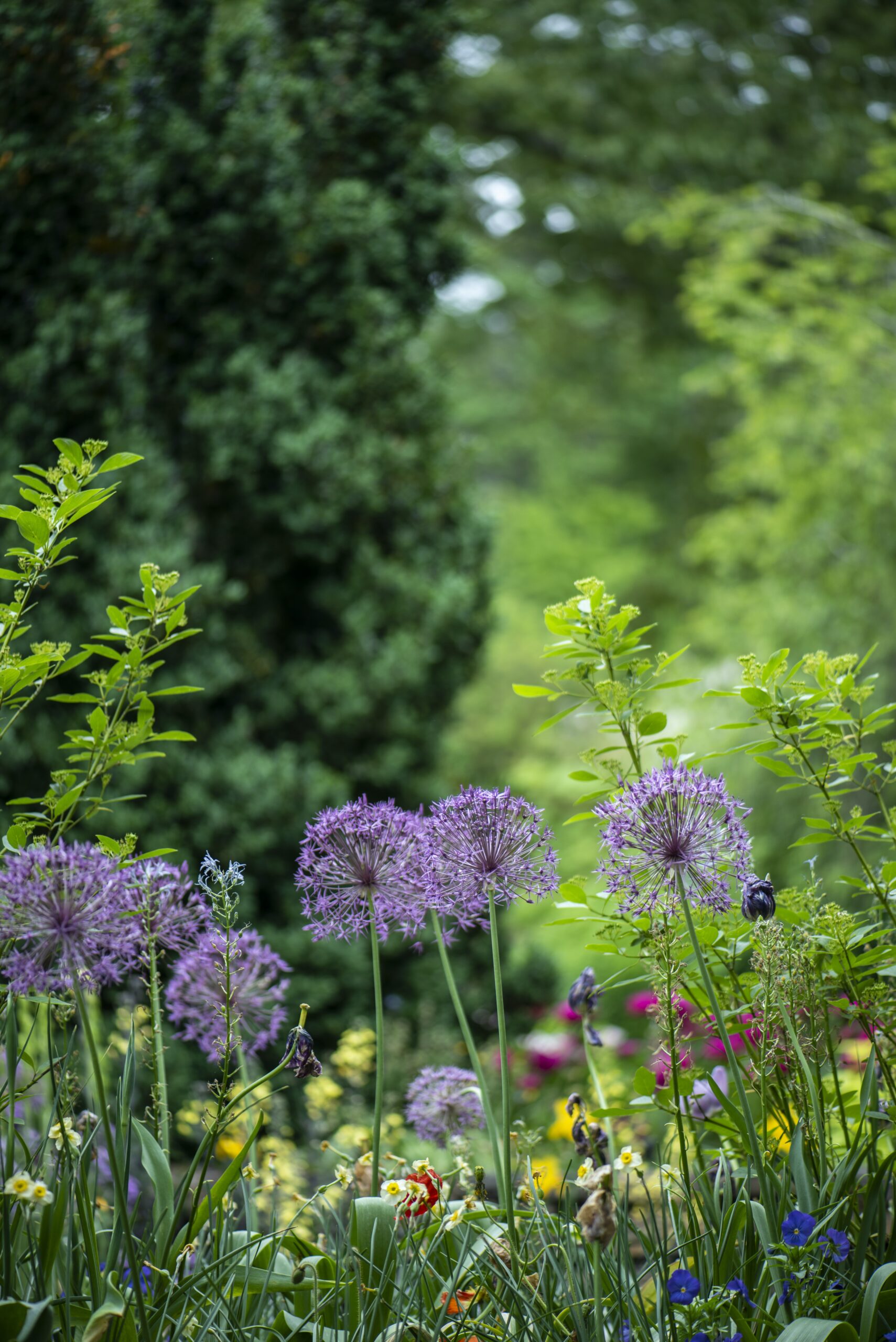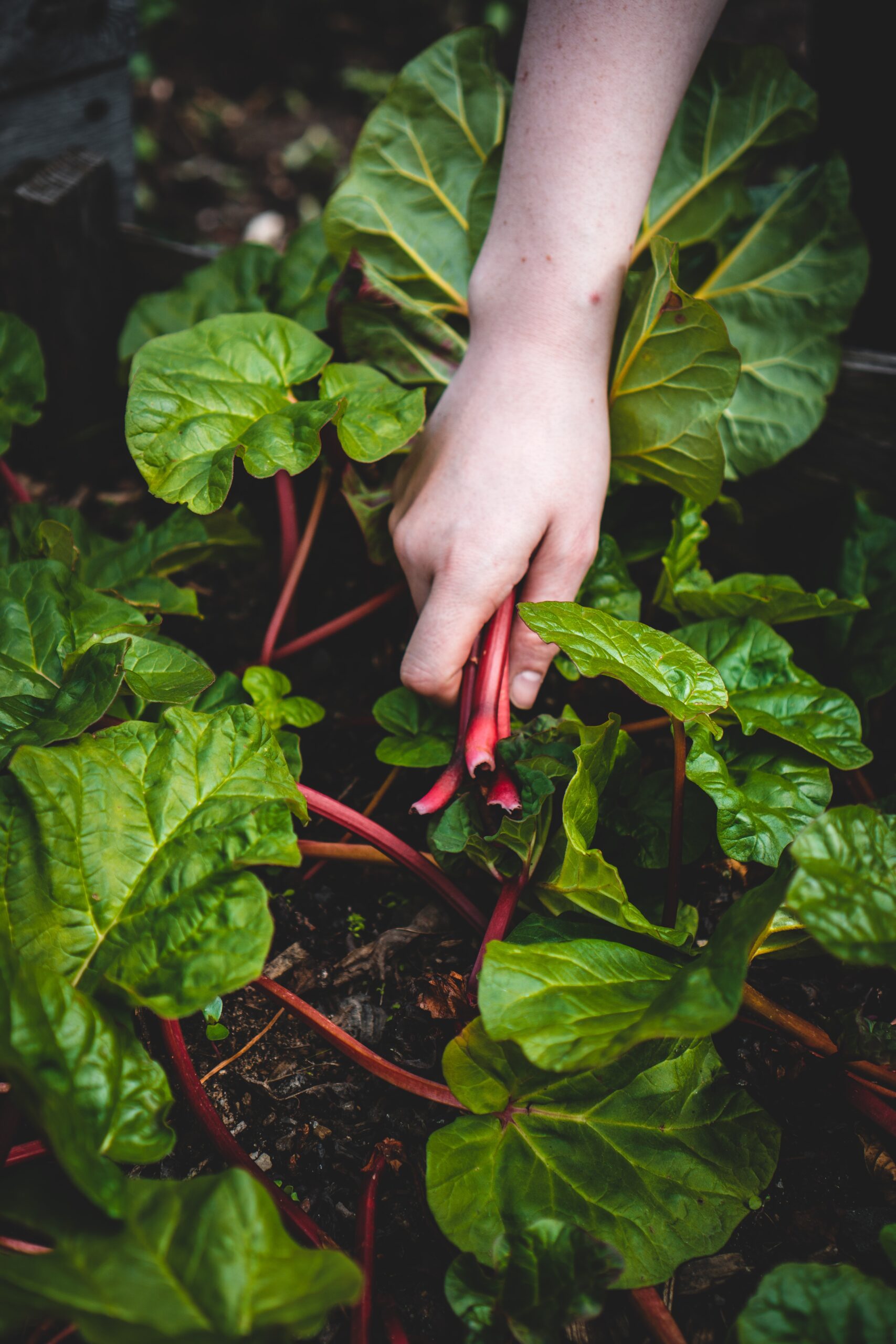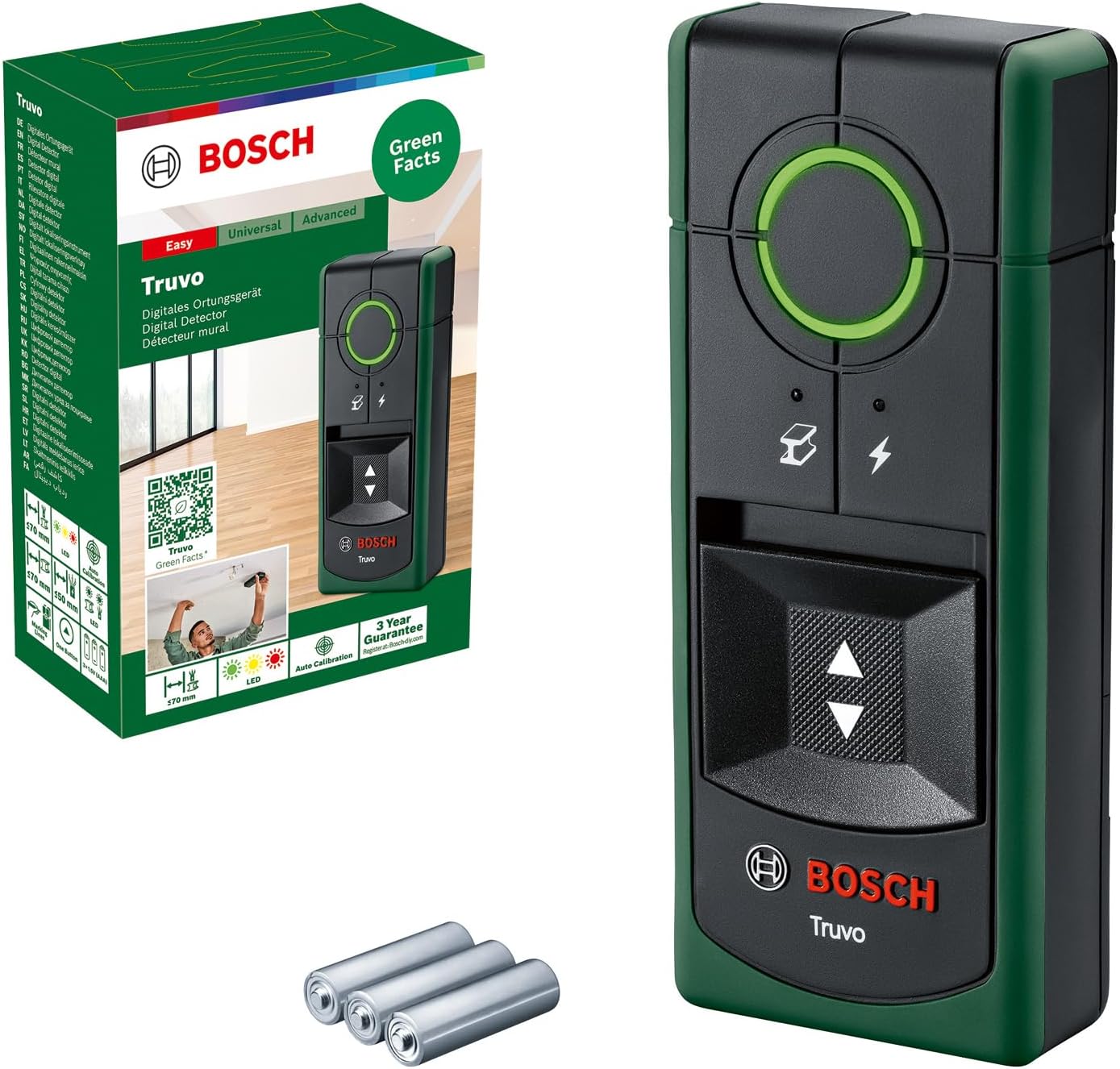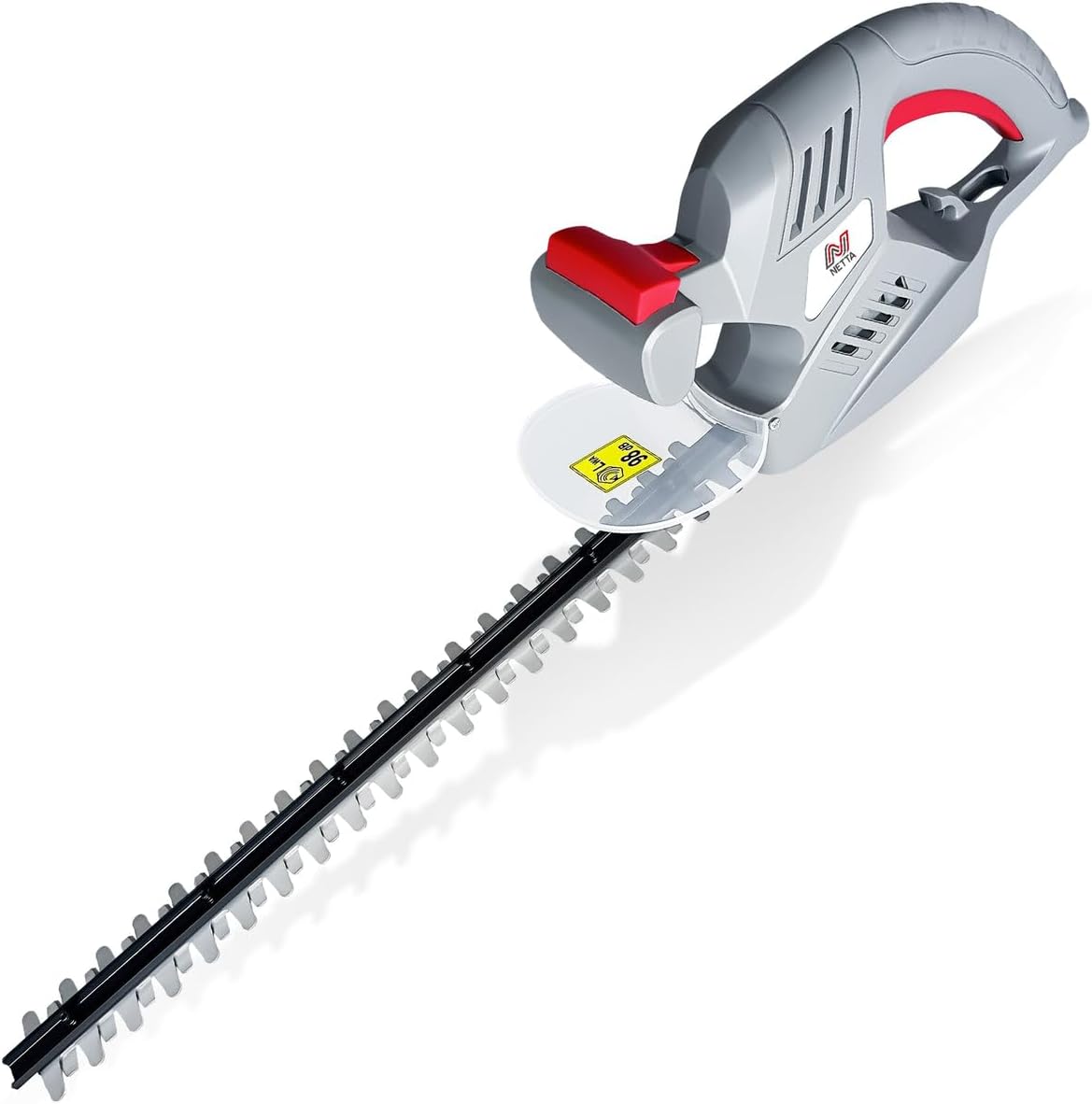Are you in the process of designing a garden room or conservatory and wondering which materials would be best suited for your project? Look no further! In this article, we will explore the various materials recommended for garden rooms or conservatories, providing you with all the information you need to make an informed decision for your dream space. Whether you’re looking for something durable, energy-efficient, or simply aesthetically pleasing, we’ve got you covered. So sit back, relax, and get ready to discover the perfect materials for your garden room or conservatory! When it comes to choosing materials for garden rooms or conservatories, there are several options available that offer unique features and benefits. Let’s take a closer look at some of the most popular materials, their advantages and disadvantages, and the maintenance required for each.

Glass
Glass is a versatile and widely used material in garden rooms and conservatories. It allows ample natural light to filter through, creating a bright and airy space. There are different types of glass that you can consider, depending on your needs and preferences.
Double Glazed Glass
Double glazed glass consists of two glass panels separated by a layer of air or gas, such as argon. This design provides excellent thermal insulation, reducing heat transfer and energy loss. It helps to keep your garden room or conservatory warm during the colder months and prevents heat buildup in the summer. Double glazed glass also helps to minimize outside noise, making your space more peaceful and serene.
Triple Glazed Glass
For even better insulation and energy efficiency, you may opt for triple glazed glass. As the name suggests, this type of glass consists of three layers of glass, with two layers of gas-filled spaces in between. Triple glazed glass offers superior thermal insulation, reducing both heat loss and noise transmission. It is especially beneficial for regions with harsh climates or where soundproofing is a priority.
Solar Control Glass
If your garden room or conservatory receives a lot of direct sunlight, solar control glass can be a great option. This type of glass is designed to reduce solar heat gain and block harmful UV rays. Solar control glass helps to maintain a comfortable temperature inside your space and protects your furniture and belongings from fading due to sun exposure. It allows natural light to enter while minimizing glare, providing a pleasant atmosphere for relaxation or entertaining.
Self-cleaning Glass
Cleaning glass windows and surfaces is often a time-consuming task. Self-cleaning glass, on the other hand, reduces the need for regular maintenance. It has a special coating that breaks down and washes away dirt and grime when exposed to sunlight and rainwater. Self-cleaning glass can save you time and effort in keeping your garden room or conservatory windows clean and clear.
Wood
Wood is a classic and timeless material choice for garden rooms and conservatories. It adds warmth and natural beauty to any space. There are various types of wood to choose from, each with its own characteristics and benefits.
Oak
Oak is known for its durability and strength. It is resistant to rot and decay, making it a long-lasting option for garden rooms and conservatories. Oak wood features a beautiful grain pattern and can be stained or left untreated for a natural look. It provides excellent insulation properties, helping to keep your space warm during colder months.
Cedar
Cedar wood is highly regarded for its natural resistance to insects and decay. It has a distinct aromatic scent that repels pests and adds a pleasant fragrance to your garden room or conservatory. Cedar wood is lightweight, making it easy to work with and install. It has excellent thermal insulation properties and is often used in areas with extreme weather conditions.
Pine
Pine is a popular and affordable wood option for garden rooms and conservatories. It has a light color and a straight grain, which can be easily painted or stained to match your preferred style. Pine wood provides good insulation and is relatively easy to work with. However, it may require more maintenance compared to other wood types, as it is prone to warping and shrinking if not properly treated and sealed.
Metal
Metal materials offer durability, strength, and a modern aesthetic for garden rooms and conservatories. There are different types of metals that you can consider, each with its own advantages.
Aluminum
Aluminum is a lightweight yet sturdy material commonly used in garden rooms and conservatories. It is resistant to corrosion, making it suitable for outdoor applications. Aluminum frames are available in various finishes and colors, allowing you to customize the look of your space. Thanks to its strength and durability, aluminum can support large glass panels, providing unobstructed views and maximizing natural light. It also requires minimal maintenance, making it a convenient choice.
Wrought Iron
Wrought iron is a classic and elegant choice for garden rooms and conservatories. It offers a timeless appeal and adds a touch of sophistication to your space. Wrought iron frames are known for their strength and durability. They can be intricately designed with decorative patterns and details, enhancing the overall aesthetics of your garden room or conservatory. However, wrought iron requires regular maintenance, as it is susceptible to rust.
Steel
Steel is a robust and long-lasting material for garden rooms and conservatories. It offers exceptional strength and structural integrity, allowing for larger and more open designs. Steel frames can be slim and sleek, providing a contemporary look to your space. The material is highly resistant to warping and shifting, ensuring durability over time. However, steel frames may require periodic maintenance to prevent corrosion.
UPVC
UPVC (unplasticized polyvinyl chloride) is a popular choice for garden rooms and conservatories, thanks to its versatility, durability, and cost-effectiveness. It offers several benefits over other materials.
Benefits of UPVC
UPVC is a low-maintenance material that requires minimal upkeep. It does not rot or warp, making it ideal for outdoor applications. UPVC frames are energy-efficient, providing good thermal insulation and reducing heat transfer. They are also resistant to fading, offering long-lasting color retention. UPVC is available in various finishes and colors, allowing you to customize the aesthetic of your garden room or conservatory.
UPVC vs. Other Materials
Compared to wood, UPVC is generally more affordable and requires less maintenance. It does not require regular painting or staining, saving you time and money. UPVC frames are also more energy-efficient than aluminum frames, providing better insulation. However, UPVC may not offer the same natural aesthetic as wood or the strength of metal materials.
Maintenance of UPVC
Maintaining UPVC frames is relatively simple. Regular cleaning with mild soapy water and a soft cloth is usually sufficient to remove dirt and grime. Avoid using abrasive cleaners or sharp objects that may scratch or damage the surface. Lubricate hinges and moving parts as needed. With proper care, UPVC frames can last for many years, retaining their functionality and appearance.

Polycarbonate
Polycarbonate is a strong and lightweight material often used in garden rooms and conservatories. It offers several advantages, although it may have some drawbacks to consider.
Advantages of Polycarbonate
Polycarbonate is highly impact-resistant, making it a safe option for areas prone to accidental impacts or extreme weather conditions. It provides excellent light transmission, allowing for a bright and well-lit space. Polycarbonate is also easy to work with, making it suitable for curved or custom designs. It offers good thermal insulation properties and is available in different transparency levels, allowing you to control privacy and sunlight exposure.
Disadvantages of Polycarbonate
One potential drawback of polycarbonate is its susceptibility to scratching. Over time, the surface may develop fine scratches that can affect visibility. However, there are scratch-resistant coatings available for polycarbonate, which can mitigate this issue. Polycarbonate may also degrade when exposed to prolonged UV radiation, leading to yellowing or brittleness. UV-protected polycarbonate panels are recommended to minimize this effect.
Maintenance of Polycarbonate
To maintain the clarity and longevity of polycarbonate panels, regular cleaning is essential. Use a mild soap or detergent and a soft cloth or sponge to remove dust, dirt, and debris. Avoid using abrasive materials or harsh chemicals that may scratch or damage the surface. Inspect the panels periodically for any signs of damage or deterioration, and replace them if necessary.
Brick
Brick is a durable and timeless building material commonly used for garden rooms and conservatories. It offers structural integrity, thermal insulation, and a classic aesthetic. There are different types of brick to choose from, each with its own characteristics.
Traditional Brick
Traditional bricks are made from clay or shale and are fired in a kiln. They are known for their strength, durability, and variety of colors and textures. Traditional brick offers excellent thermal insulation properties, keeping your garden room or conservatory warm during colder months. It creates a sense of solidity and permanence, adding character and charm to your space.
Clay Brick
Clay brick is a type of traditional brick made from clay and fired at high temperatures. It is known for its natural color and texture variations, creating a rustic and warm ambiance. Clay is an environmentally friendly material, as it is abundant and easily recyclable. Clay brick provides good thermal insulation and is resistant to fire and moisture. It requires minimal maintenance and can last for many years.
Reclaimed Brick
Reclaimed brick offers a unique and vintage look for garden rooms and conservatories. It consists of bricks salvaged from old buildings or structures, adding character and history to your space. Reclaimed bricks are environmentally friendly, as they reduce the need for new brick production. They offer good thermal insulation and can be cleaned and restored to their original beauty. However, it is important to ensure that the reclaimed bricks are in good condition and suitable for your project.

Concrete
Concrete is a versatile and durable material that can be used for various components of garden rooms and conservatories. It offers strength, longevity, and a modern aesthetic. There are different types of concrete finishes and applications to consider.
Precast Concrete
Precast concrete involves casting concrete elements in a controlled environment before they are installed in your garden room or conservatory. Precast concrete offers excellent durability and strength. It allows for precise customization and can be formed into various shapes and sizes. Precast concrete panels provide good thermal insulation and soundproofing. They require minimal maintenance and can be finished with different textures and colors.
Insulated Concrete
Insulated concrete combines the benefits of concrete and insulation materials. It consists of an outer layer of concrete and an inner layer of insulation, such as foam or mineral wool. Insulated concrete provides exceptional thermal insulation properties, helping to maintain a comfortable temperature inside your space. It reduces the need for additional insulation materials and can contribute to energy savings. Insulated concrete panels are strong, durable, and resistant to fire.
Polished Concrete
Polished concrete offers a modern and sleek look for garden rooms and conservatories. It involves grinding and polishing the surface of the concrete to create a smooth and glossy finish. Polished concrete provides a contemporary aesthetic and allows for creative design possibilities. It is easy to clean and maintain, requiring periodic sealing to preserve its appearance. Polished concrete offers good thermal mass, helping to regulate indoor temperatures.
Framing Materials
The choice of framing materials plays a crucial role in the overall strength, durability, and aesthetic appeal of your garden room or conservatory. Different framing materials offer unique properties and characteristics.
Timber Frame
Timber frames are popular for their natural beauty, warmth, and versatility. Wood provides excellent insulation and absorbs and releases moisture, contributing to a comfortable indoor environment. Timber frames can be customized and easily modified to fit various designs and sizes. They offer good structural integrity and can support large glass panels. However, timber frames may require periodic maintenance, such as sealing or repainting, to protect against moisture and decay.
Steel Frame
Steel frames offer strength, stability, and a minimalist aesthetic. They are highly durable and resistant to warping or shrinking. Steel frames can be slim and lightweight, allowing for larger glass panels and unobstructed views. They require minimal maintenance and provide excellent structural integrity. However, steel frames may not offer the same natural aesthetics as wood and can be more expensive.
Aluminum Frame
Aluminum frames are lightweight, durable, and corrosion-resistant. They are easy to work with and provide good thermal insulation. Aluminum frames can be powder-coated or anodized in various colors and finishes, allowing for customization. They require minimal maintenance and are suitable for large glass panels. However, aluminum frames may not offer the same strength as steel and may not provide the same traditional aesthetics as wood.
Roofing Materials
The choice of roofing material is essential for garden rooms and conservatories, as it affects the overall comfort, energy efficiency, and aesthetic appeal of your space.
Glass Roof
A glass roof allows maximum natural light to enter your garden room or conservatory. It provides a bright and open atmosphere, creating a connection with the outdoors. Glass roofs offer good thermal insulation and can help regulate indoor temperatures. They can be double glazed or triple glazed for enhanced energy efficiency. Glass roofs require regular cleaning to maintain transparency and prevent the buildup of dirt or algae.
Polycarbonate Roof
Polycarbonate roofs provide strength, durability, and excellent light transmission. They are impact-resistant and can withstand extreme weather conditions. Polycarbonate roofs offer good thermal insulation, reducing heat loss during colder months. They are lightweight and easy to install. Polycarbonate roofs may require periodic cleaning to remove dirt and maintain visibility. UV-protected polycarbonate is recommended to prevent discoloration or brittleness over time.
Tiled Roof
Tiled roofs offer a traditional and classic look to your garden room or conservatory. Various types of tiles, such as clay or concrete, are available, each with its own aesthetic appeal. Tiled roofs provide good thermal insulation and can withstand harsh weather conditions. They are long-lasting and require minimal maintenance. Tiled roofs may require occasional inspections to identify and repair damaged or loose tiles. Proper installation and waterproofing are essential to ensure the integrity of the roof.
Insulation
Insulation is an important consideration for garden rooms and conservatories, as it affects the comfort and energy efficiency of your space. There are different types of insulation that you can incorporate into various areas.
Wall Insulation
Proper wall insulation is crucial for maintaining a comfortable temperature inside your garden room or conservatory. Insulating materials, such as foam boards or mineral wool, can be added to the walls to minimize heat loss during colder months and reduce heat gain during hotter months. Wall insulation improves energy efficiency, reduces heating and cooling costs, and enhances the overall comfort of your space.
Roof Insulation
Roof insulation plays a significant role in controlling the temperature and energy efficiency of your garden room or conservatory. Insulating materials, such as foam boards or reflective foil, can be installed in the roof space to prevent heat transfer. Roof insulation helps to keep your space warm in winter and cool in summer, reducing the need for additional heating or cooling systems. It also helps to minimize outside noise and improves acoustic performance.
Floor Insulation
Floor insulation is essential for maintaining a comfortable and energy-efficient environment. Insulating materials, such as rigid foam boards or underfloor heating systems, can be installed beneath the floor surface. Floor insulation helps to reduce heat loss and cold drafts, providing a warmer and more comfortable floor surface. It also improves sound insulation and reduces noise transmission between different levels or rooms.
In conclusion, when it comes to garden rooms or conservatories, choosing the right materials is crucial for creating a comfortable, durable, and visually appealing space. Glass, wood, metal, UPVC, polycarbonate, brick, and concrete offer different strengths and characteristics to meet your specific needs and preferences. Consider the advantages and disadvantages of each material, as well as the required maintenance, to make an informed decision. Additionally, pay attention to the choice of framing materials, roofing materials, and insulation to maximize the comfort and energy efficiency of your garden room or conservatory. With careful consideration and proper planning, you can create a stunning and functional space that you can enjoy for years to come.
Read our Review on Specialist Aggregates Black Volcanic Sand












